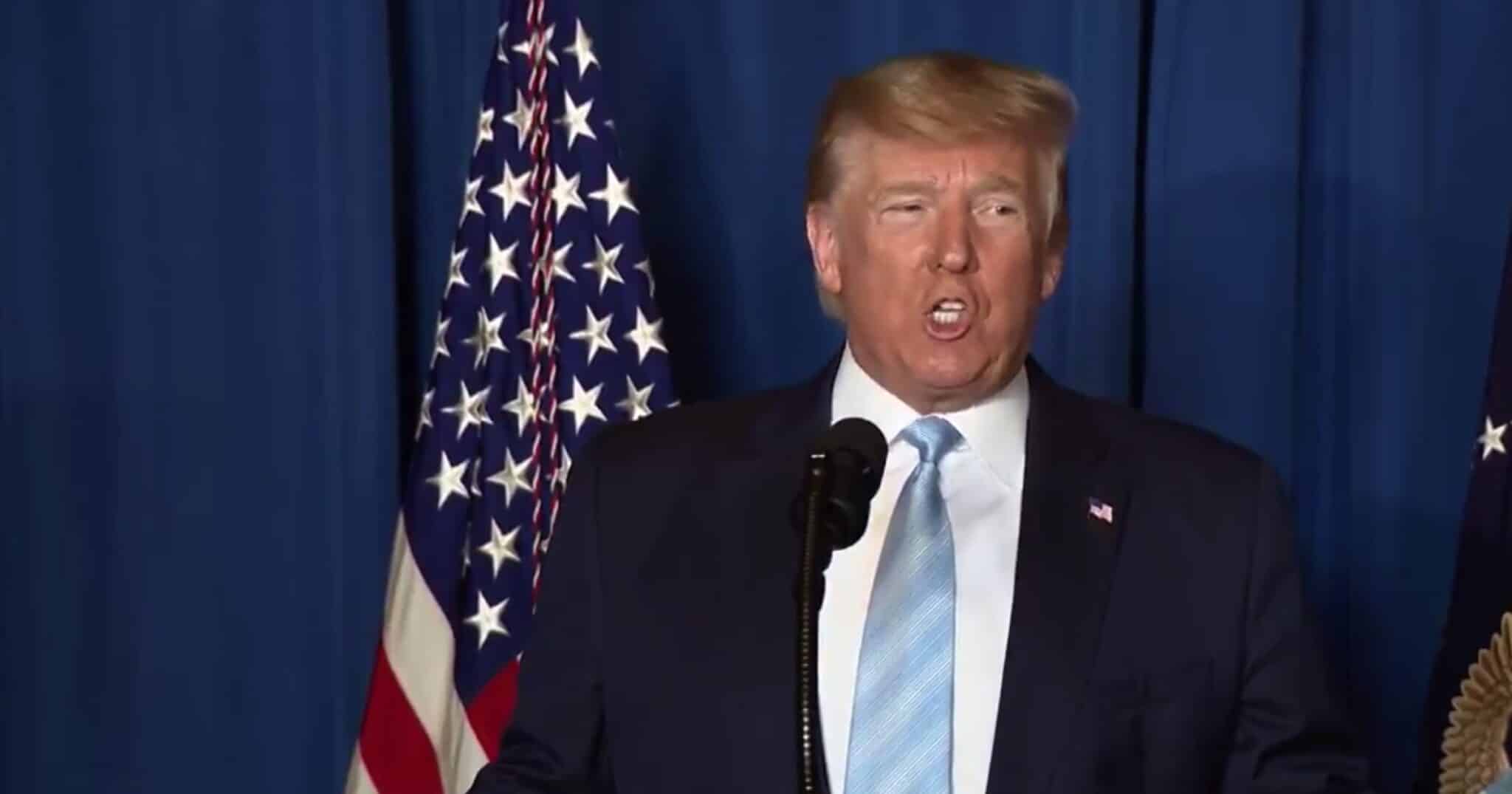








The Supreme Court just delivered a significant win for the Trump administration with a ruling that’s sure to stir the pot on gender identity policies.
Fox News reported that in a 6-3 decision, the court temporarily greenlit a State Department policy mandating that passport applicants list their biological sex, overturning a lower court’s block and reinforcing the administration’s push against progressive gender norms.
This policy, enacted through executive orders by President Donald Trump upon taking office, scraps the Biden administration’s earlier allowance of an “X” gender marker on passports.
It’s a clear pivot back to traditional classifications, aligning with broader efforts by the Trump team to enforce biological sex distinctions in areas like sports and military service.
The Supreme Court’s majority, in an unsigned opinion, argued that listing sex at birth on passports is no more discriminatory than listing one’s country of origin. “Displaying passport holders’ sex at birth no more offends equal protection principles than displaying their country of birth,” the opinion stated. Well, that’s a sharp jab at the idea of identity as a fluid concept—facts over feelings, as some might say.
Yet, the decision wasn’t without pushback, as the three liberal justices dissented, with Justice Ketanji Brown Jackson penning a pointed critique of the majority’s stance.
Jackson didn’t hold back, accusing the court of ignoring the human cost of this ruling. “The majority fails to spill any ink considering the plaintiffs, opting instead to intervene in the Government’s favor without equitable justification,” she wrote. While her empathy for the plaintiffs is noted, one might wonder if the court’s role is to legislate feelings or uphold policy.
This ruling came via the emergency docket, often called the shadow docket, where urgent matters get fast-tracked for interim decisions, bypassing the usual lengthy process.
Meanwhile, a class action lawsuit brought by a dozen transgender, nonbinary, and intersex individuals continues to simmer in lower courts, challenging the policy’s core premise.
The plaintiffs insist that passports should reflect the gender they live and express, not the one assigned at birth—a position that clashes directly with the administration’s view of biological reality.
Attorney General Pam Bondi celebrated the win on social media, highlighting the Department of Justice’s string of successes on the emergency docket this year, with roughly two dozen victories under their belt.
Bondi’s take was unapologetically blunt: “Today’s stay allows the government to require citizens to list their biological sex on their passport.” While her words might ruffle feathers, they underscore a return to what many conservatives see as common-sense clarity in government documents.
Let’s not ignore the human element here—those affected by this policy are navigating deeply personal terrain, and their frustration with being boxed into categories they reject is understandable.
Still, the administration’s stance, echoed by Solicitor General John Sauer, is that passports are tools of foreign policy, not personal expression, and the government shouldn’t be compelled to adopt language that contradicts its principles or scientific perspective.


